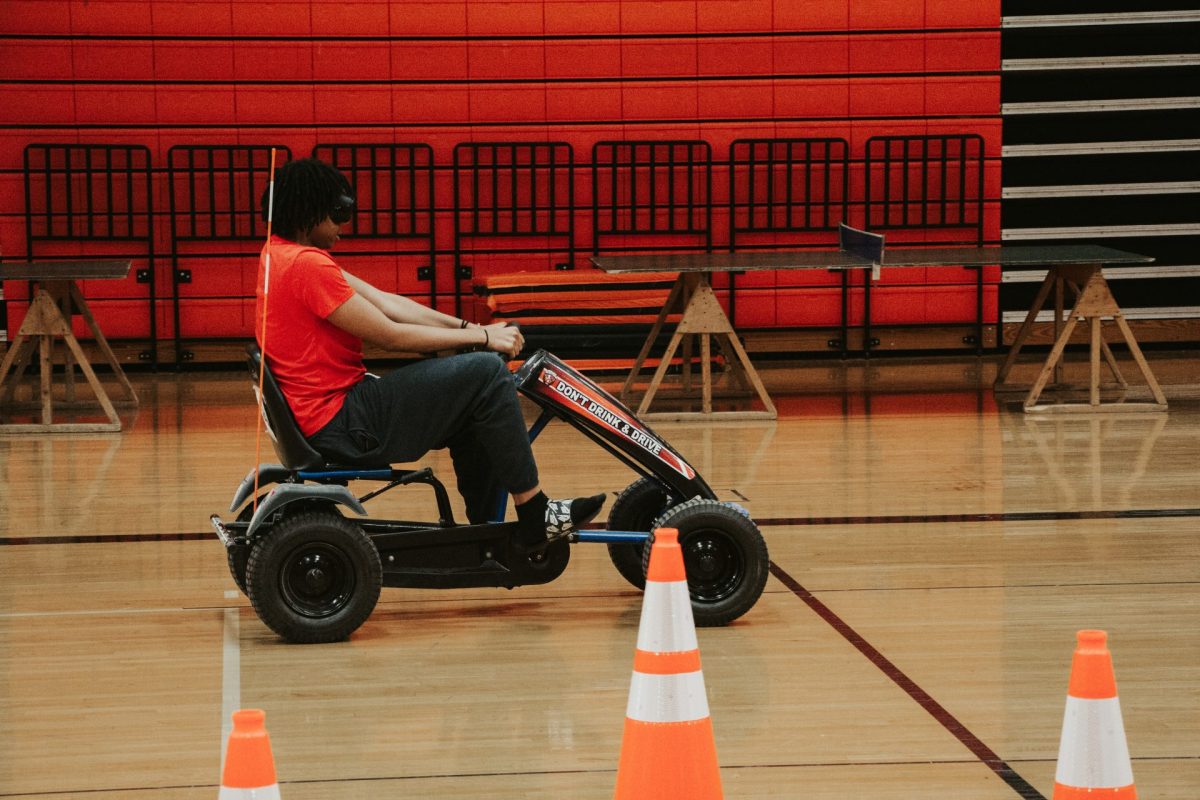The idea of leaving a tip at a restaurant or other business is a fairly American concept. In a lot of countries, you would be weird if you paid more than what your meal cost. While a few other countries have the concept of tipping, it’s not seen as a requirement like it is here in the US.
Tipping has actually been around a long time, with many stories about where it came from. The most widely accepted belief, though, dates as far back as the Middle Ages and the European caste system. It was all about providing a little more financial gain to someone in a lower class who was serving you.
The modern practice as we know it originated in European coffeehouses. The word “tip” itself comes from the phrase “to ensure promptness.” Patrons could leave a little extra money if they wanted quicker service.
Since then, tipping has become a way to thank workers for their service. Waiters, hairdressers, delivery drivers, etc. might get a tip for going above and beyond, giving the customer the best experience possible.
In recent years, however, a more negative opinion of tipping has developed. More and more businesses are requiring tips even if a service wasn’t provided, some even automatically adding a tip to the bill. Has tipping gone too far?
According to a survey from Pew Research Center, about 72% of American adults say tipping is expected in more places than it was five years ago. A new word – “tipflation” – has been coined to define this increase in expected tipping. 72% also oppose automatic service charges, and 40% oppose suggested tipping amounts, such as the options presented on a digital payment screen.
With the rise of tipping as an expected extra charge, it can be difficult to know when you actually need to tip. Close to a third of Americans say it isn’t too easy to understand when to leave a tip.
Not only has the amount of places expecting a tip increased, but the suggested amount a customer should leave as a tip has gone up. The standard for most Americans, according to the Pew Research survey, is 15%, but it seems like 20% or higher is the new minimum at some places.
To get some specific opinions on tipping culture, I surveyed the teachers here at BSHS. The general consensus among the 20 staff members who responded is that tipping is a nice bonus when the service is great, but it should not be a requirement. Most feel that service industry workers, wait staff in particular, should make at least minimum wage so that tips don’t become their livelihood.
Science teacher Ms. Denny, who has worked in the service industry for over 20 years, has firsthand experience with this. “I 100% rely on tips to make ends meet because servers get paid $2.13 per hour,” she shares. “Tipping culture is a part of the American Restaurant industry stemming from frugal management/owners that do not wish to pay their staff a livable wage.”
Mrs. Stricherz grew up in Minnesota, where wait staff made $7.25 plus tips in the 1990s. After moving to Kansas, she was surprised at the lower salary. “I found it was impossible to support myself as a waitress in Kansas where it had been much easier in states like Minnesota and California where wait staff earn minimum wage plus tips,” she says.
Almost everyone surveyed believes that tipping has gone too far and often feel guilty for not leaving a tip, even when they weren’t provided with a service.
“I was asked to tip at Papa Murphy’s,” says science teacher Mrs. Hickey, “It’s a restaurant where you pick up raw pizzas and bake them at home. The lowest option for tipping when checking out was 15% and historically this wasn’t a situation where I felt a tip was warranted… Historically tips were for going above and beyond expectations for a serve and now we are asked to tip before trying the product.”
Ms. Denny adds, “It has absolutely gone too far because I am now seeing tip jars everywhere from the grocery store to fast food drive-thrus. Handing my food to me in a sack or ringing up my groceries is not something that I consider a tipping-service. However, nail salon workers, hair stylists, and valets are services that I would tip on.”
90% of those surveyed said that they would leave a tip for great services. The second highest reason, however, with 60% of respondents, was due to feeling pressured to leave a tip or because it’s seen as mandatory.
As well as social pressure, another previously-mentioned reason tipping feels like a necessity nowadays is because service workers make much less than minimum wage, so tips become their main source of income. On top of that, tips above $20 are taxed like any other income, so workers lose out on part of what was given to them.
Whether you think tipping is a good practice or not, it has definitely become more prevalent in recent years. From more businesses expecting one and suggested minimums being higher, it’s different than it used to be. Only time will tell how it will continue to change.








